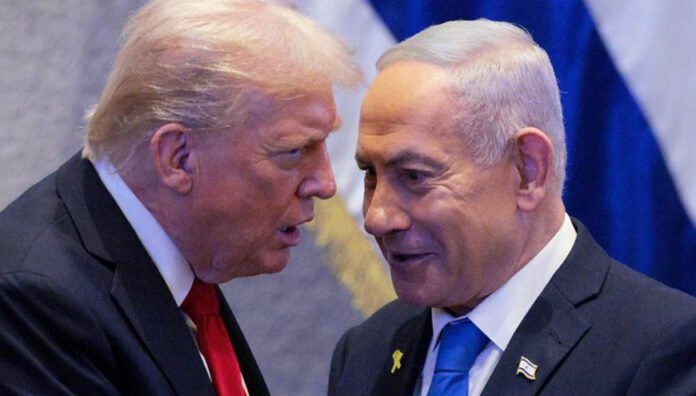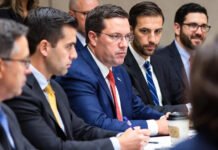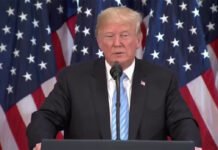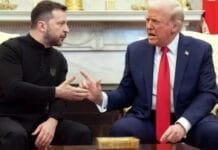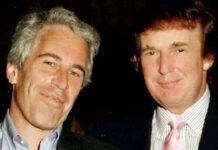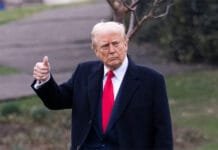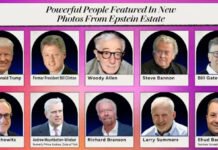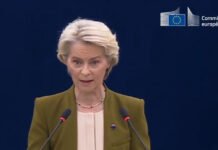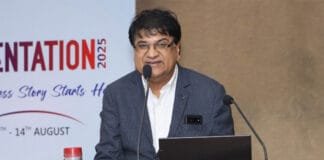Washington/Jerusalem: The US President Donald Trump on Wednesday publicly called for a pardon of Israeli Prime Minister Benjamin Netanyahu, describing the ongoing corruption and bribery trial against the long-serving leader as a politically motivated “witch hunt.”
Speaking at a press conference in Florida, Trump said Netanyahu had been “targeted by forces trying to weaken Israel’s leadership” and compared the case to what he called the “persecution” he faced during his own tenure in the White House.
“Bibi [Netanyahu] has done more for Israel’s security than anyone else. This is a witch hunt, pure and simple — just like what we saw in Washington,” Trump said, referring to the investigations he faced during his presidency.
The remarks come as Netanyahu continues to face three separate corruption cases involving fraud, breach of trust, and bribery, primarily related to allegations of media favoritism and illicit gifts from wealthy businessmen. The Israeli leader, who denies all charges, has accused the judiciary and media of attempting to unseat him through legal means.
Trump’s comments have drawn sharp reactions from political observers, with many viewing them as an attempt to reassert influence in Middle East politics and appeal to pro-Israel conservative voters ahead of the upcoming US elections.
According to Israeli legal experts, the president of Israel does not traditionally issue pardons in ongoing cases, making Trump’s statement largely symbolic — yet diplomatically charged.
“It’s highly unusual for a foreign leader to call for a pardon in another country’s legal process,” said Dr. Yael Cohen, a political scientist at Tel Aviv University. “It blurs the line between diplomacy and domestic interference.”
The Israeli judiciary, meanwhile, has reaffirmed that the proceedings will continue independently. Netanyahu’s next court hearing is expected later this month, as prosecutors push for key witness testimonies.
Trump’s remarks also come amid deepening US-Israel strategic ties, particularly after Netanyahu’s recent discussions with US officials on regional security and Iran policy.
Political analysts note that both leaders — once close allies — have seen strained relations in recent years but share a common populist narrative centered on battling “establishment elites.”

